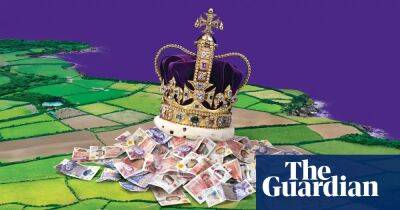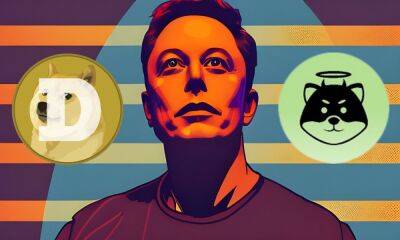TikTok: why the app with 1bn users faces a fight for its existence
Sitting at the heart of youth culture, TikTok is beloved of its more than 1 billion users worldwide.
With a range of compelling content that extends from viral dances to comedy skits, cleaning hacks, BookTok, music and the Gen Z melancholy of the corecore trend, it is the app of the 21st century.
But in the sphere of western politics, the Chinese-owned company is increasingly friendless – caught in a geopolitical standoff between the rise of China as a superpower and mistrust of Beijing in countries where so many of the short-video app’s users are based.
As a consequence, TikTok faces a serious threat of deletion, with the US leading the charge.
Here, the Guardian’s technology editors explain how TikTok became a social media sensation – and why politicians and health experts are now gunning for it.
TikTok is enormously successful, on both sides of the Atlantic. The company’s chief executive, Shou Zi Chew (whose Singaporean heritage was emphasised when he testified in front of the US Congress last week), says the app has more than 150 million monthly active users in the US alone. In the UK, Ofcom data shows that this time last year, the average TikTok user (of those older than 15) spent 29 minutes a day on the app, only slightly less than the time spent on Facebook and Messenger combined. Last year TikTok had 18 million users in the UK, according to the analytics firm data.ai.
But for the company’s core demographic, aged between 15 and 24, engagement in the UK is through the roof: the average young adult TikToker spends almost an hour a day on the app. And while Instagram and YouTube have more absolute users, TikTok is catching up fast.
In the first quarter of 2022 in the UK, 73% of 15- to 24-year-olds had used the app, vastly
Read more on theguardian.com












